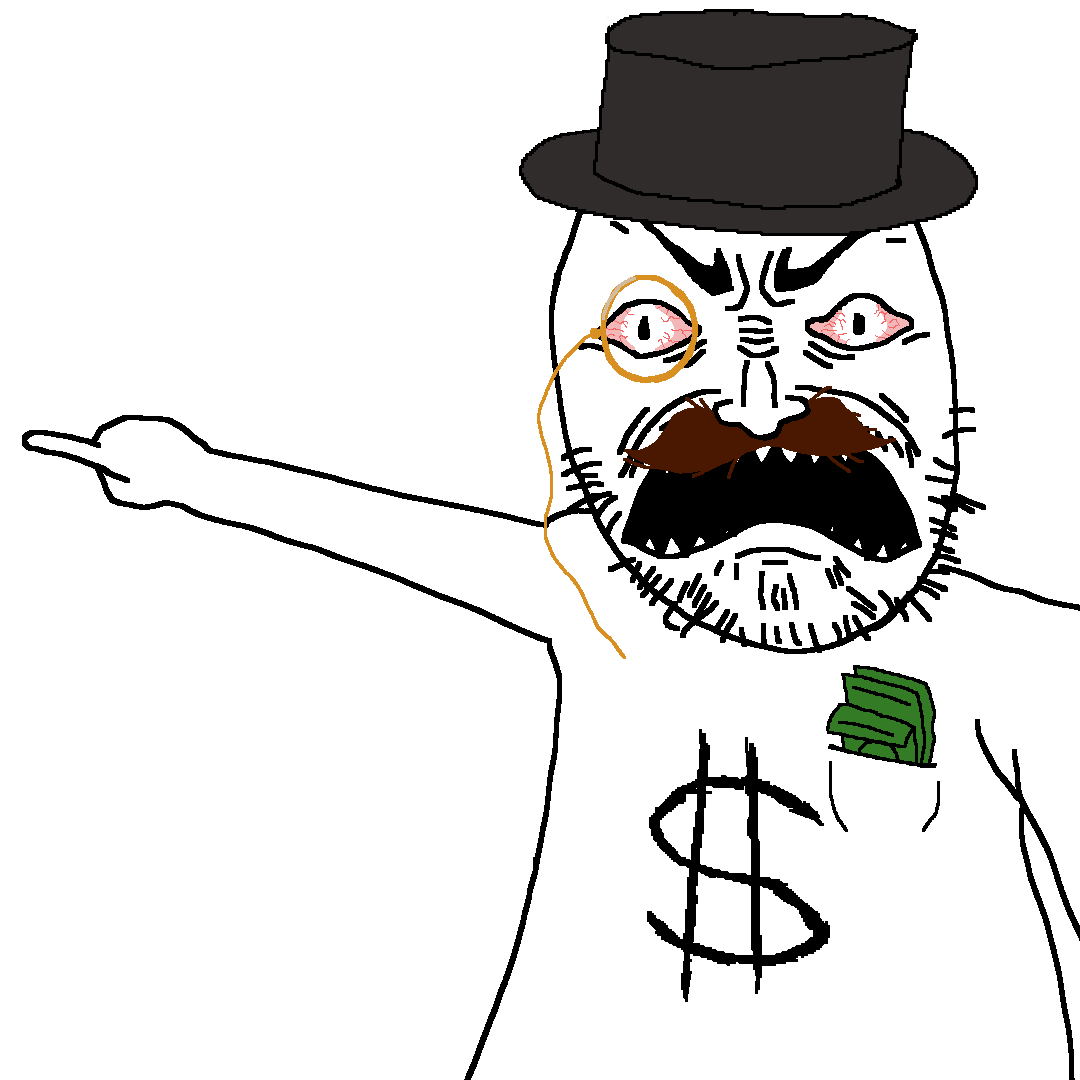Everyone should be familiar with Marx’s essential criticisms of capitalism.
In summary, while constant capital (machines, workhouses, and such) is a necessary factor for production, it produces no profit. Profit only comes from variable capital (labor). With automation, less labor and hence less value goes into each good. Increased productivity means that more use values, but those commodities are cheaper in real value*.
It’s not true that more useful goods means less labor is necessary. In the commodity economy where valorization in the highest aim, there can never be enough work. While socialized production would negate this horrible fact, capitalism always wants more labor to exploit.
Yet, the market compels continual automation to give individual capitalists an edge. This process leads to less and less value going into goods and more and more constant capital compared to variable capital. Even if the gross mass of profit grows (which is what the capitalist cares about), the relative profit from production perpetually decreases. And the problem of too much stuff calls for destruction: planned obsolescence, destruction of goods while people have needs unmet, and, of course, wars.
*with inflation, l monetary wealth increases quantitatively without real wealth increasing
Imagine if profit just did that and everyone was just okay with it. Instead of people just making up new fake improvements
Number go down AND YOURE LAUGHING.
It's, practically speaking, really hard to just "be fine with it" because of how finance works. If all new capitalist development is financed by banks that are expecting 7%+ annual returns, either the capitalists rush to find reliable ways to turn $100 into $107 in a year, or they all default and cause a financial crash.
And if the banks were to lower interest rates dramatically as the rate of profit falls, it means they're making no money themselves, making them extremely risk averse. They can't really win.
Bank people being sad isn't immediately a data point against my idea.